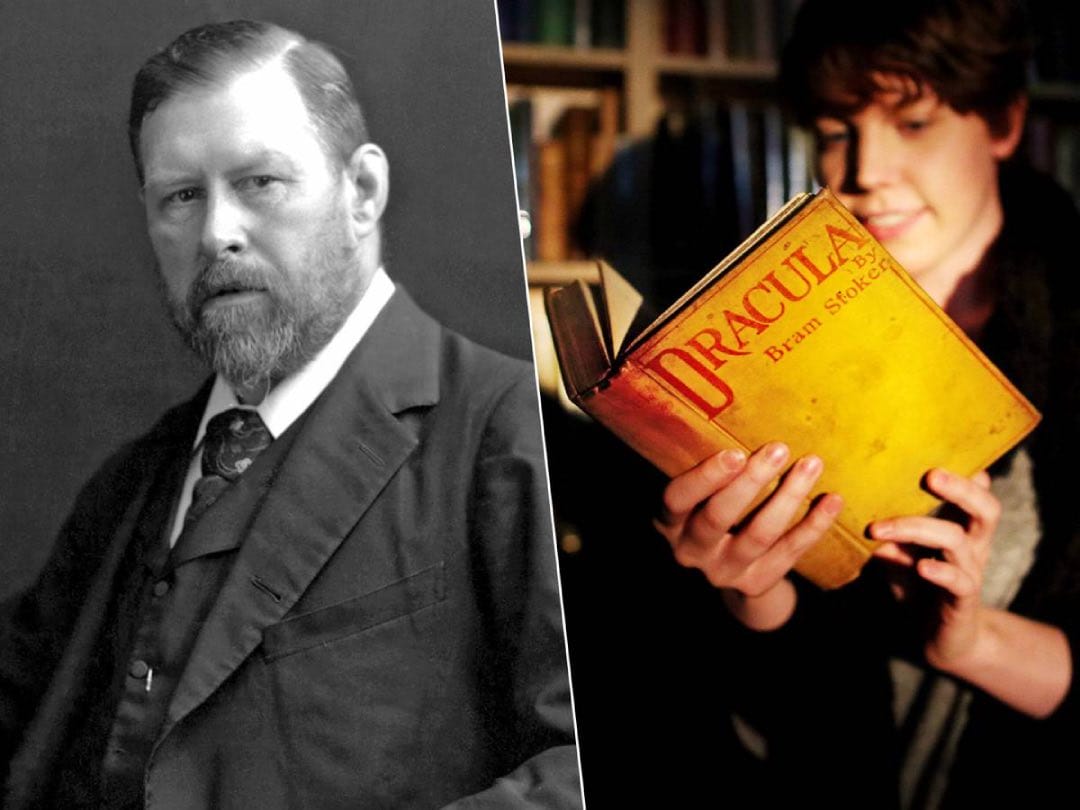Whenever an author becomes known worldwide, all of their stories often gain popularity and get published. However, this was not the case for one of Bram Stoker’s stories. Last year an amateur historian found a long-lost story from Bram Stoker while he was going through old archives! Keep on reading to discover everything about the story and its importance in Bram Stoker’s career.
Who Is Bram Stoker?
If the name doesn’t immediately ring a bell, then his most famous story of all time might do the trick. Bram Stoker was a writer who mostly wrote horror stories. His most famous novel is Dracula, a gothic novel from 1897. It is the story of a vampire from Transylvania, who makes his way to the United Kingdom to steal blood from innocent people. The blood of people is the only way for him to survive! This story was so popular that there were different movies, shows and theatre performances about it as well. Nowadays most people still know Dracula as the real vampire and still dress up as him on Halloween!

Lost Story Found In Archives Of National Library Of Ireland
More than a century after Bram Stoker’s death, one of his short stories was found by going through old archives! In 2023, Brian Cleary, an amateur historian, discovered a forgotten short story by the famous author. He stumbled upon the story while he was browsing through the archives of the National Library of Ireland. The short story was originally posted in a Dublin Newspaper in 1890.
The story is from a significant point in Bram Stoker’s career. The year it was published in the newspaper is also the year he started his work on Dracula! Gibbet Hill, the discovered story, is a story of a murdered sailor who was killed by three criminals.
The Proceeds Of The Lost Story Will Fund Hearing Loss Research
The newly found story will now be published by the Rotunda Foundation. All the proceeds that come from this book will go to a fund named after Bram Stoker’s mom, The Charlotte Stoker Fund. This fund focuses on funding the research of hearing loss, more specifically the hearing loss of infants!
